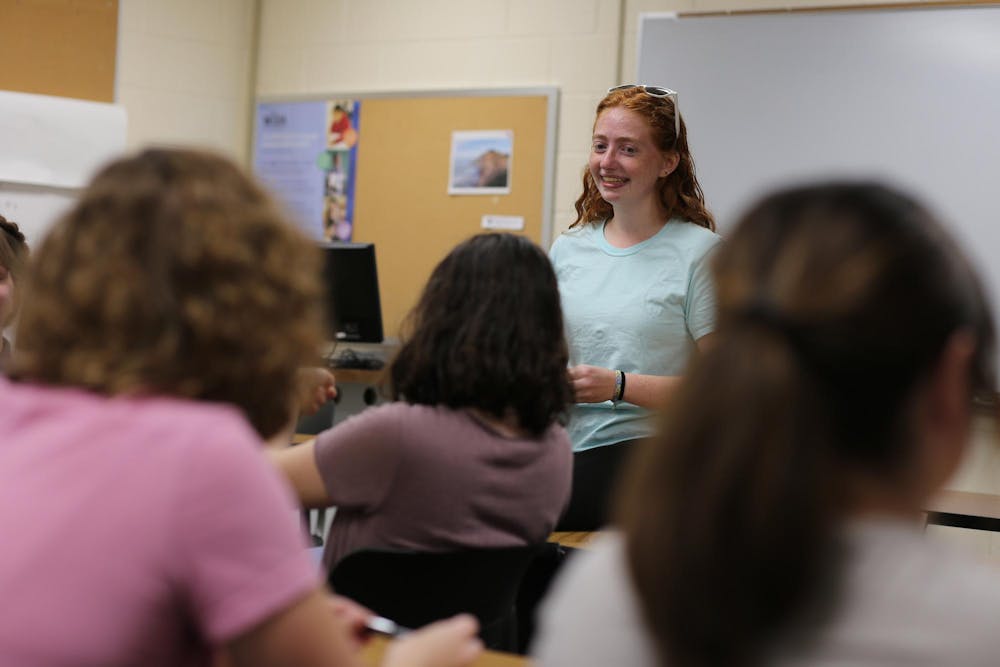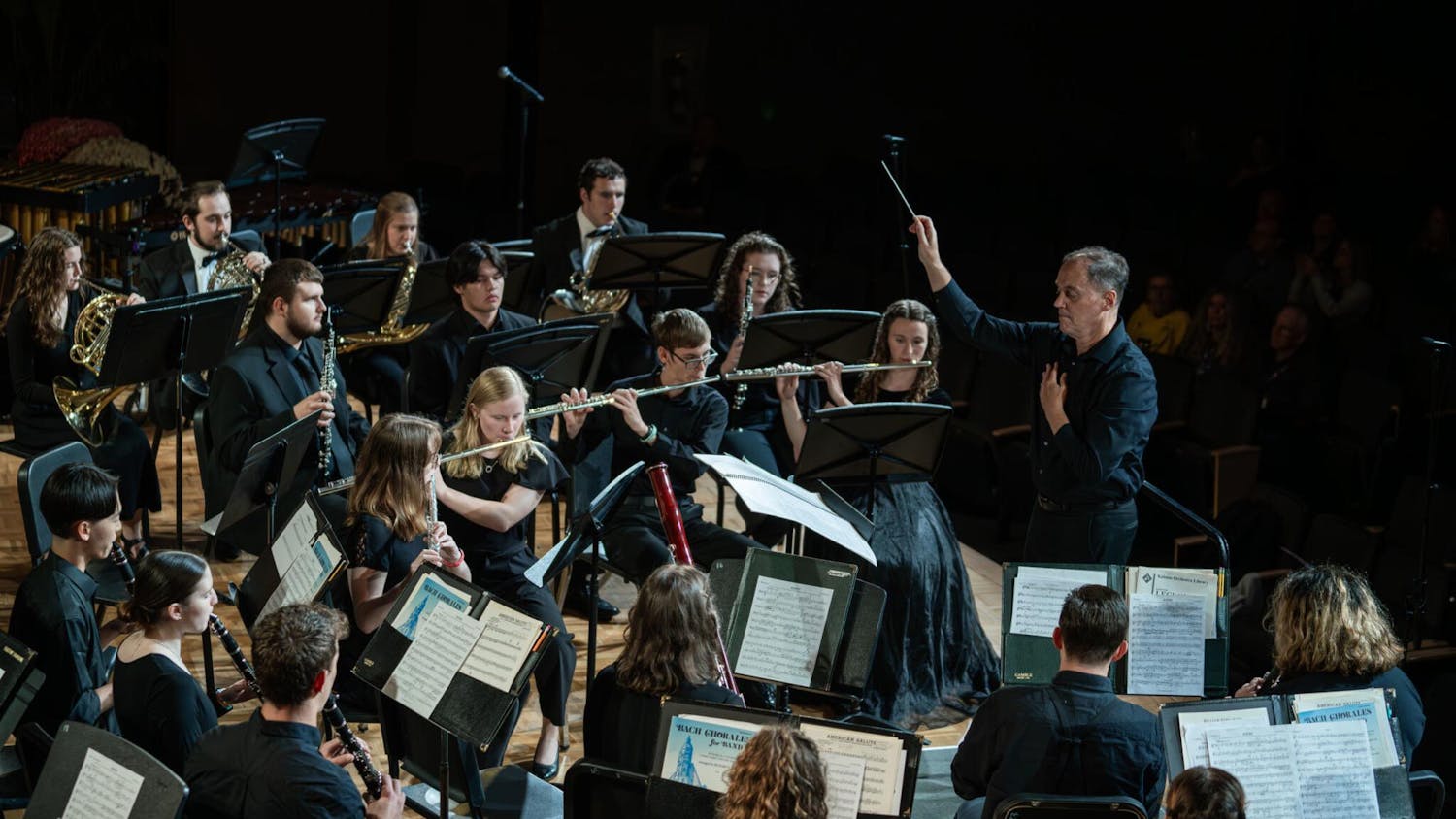At a university that emphasizes “life to the full,” SEND (Students for Education on Neurodiversity) aims to make this a reality for every individual. The club provides a space where neurodivergent students can thrive through conversation, awareness and understanding.
SEND is a haven for individuals with a wide range of neurological differences, including autism, ADHD, dyslexia and other diverse cognitive functions.
The term “neurodiversity” in itself is a term used to describe differences in the way people’s brains work. However, SEND offers a reminder that there is no “right” way for a brain to work, and the range of ways students think and perceive the world should be embraced.
Still, the club is not simply for neurodiverse individuals. It also equips neurotypicals on campus to better love their neighbors.
Grace Timm, vice president of SEND, reflected on the way the club works to build bridges between all minds on campus.
“I think a big part of loving our neighbor well is seeking to understand them,” Timm said. “And I think the more we can cultivate an understanding of one another, the better that we can love and support one another.”
The meetings are engagements of peer-to-peer learning. Attendees are able to share their personal experiences regarding a specific topic or just in general. A recent example of this was a discussion over what studying looks like as a neurodivergent and methods that can be used to better the experience.
Henry Donahue, SEND treasurer and social media coordinator, reflected on the recognition of every neurodivergent’s differences.
“There is a saying that Professor Dan Bowman says in his book ‘On the Spectrum: Autism, Faith, and the Gifts of Neurodiversity’ [that] if you've met one autistic person, you've met one autistic person,” Donahue said. “It's hard for me to speak as to the universal experiences of autistic people because those universal experiences don't really exist. Everyone experiences being autistic, having ADHD, or being neurodiverse differently in general. That’s one of the things we’re also trying to focus on.”
SEND recognizes that everyone’s experience as a neurodivergent is not the same. With this in mind, the club embraces dialogue in every unique experience during their meetings.
Since its start in 2019, SEND would invite people to come and speak on their experiences to expand knowledge and empathy.
“We haven’t done it this year yet, but we might invite someone from campus to share about their experiences,” Timm said. “For example, Talley shared about ADHD and we had someone from Gerig, who has since graduated, but he talked about having epilepsy. It’s sharing about things that you might not have experienced, and wouldn’t otherwise know how to understand someone you love who’s going through that.”
In its fifth year on campus, SEND plans to increase campus outreach with events, social media and advertising.
For October, SEND is honoring ADHD Awareness Month by putting on several events for all of campus for the first time since its start at Taylor.
Wednesday, Oct. 18 at 8 p.m. SEND is collaborating with PAX in a scavenger hunt that will replicate the experience of having ADHD. SEND is also having a panel at a separate event on ADHD where the audience can listen and ask questions.
Additionally, SEND aims to have a social media presence and host events for autism awareness month in April.
The club’s most prominent goal is to extend beyond its core members. During this school year, SEND is paving a way to promote a campus that fosters an environment where neurodivergent and neurotypical individuals can learn from one another.
President of SEND, Talley Stichter, spoke on the club’s effort to generate impactful and informative connections.
“We want everyone to come and to feel welcomed, and to feel like they can ask questions without being judged or criticized,” Stichter said. “We want people to come and learn how we live life and make a space for everyone no matter how they are or what they’re struggling with.”
SEND meets bi-weekly on Tuesdays at 7 p.m.. The location varies. To keep up to date with meeting locations, events and education, follow tayloruniv_send for more information.





